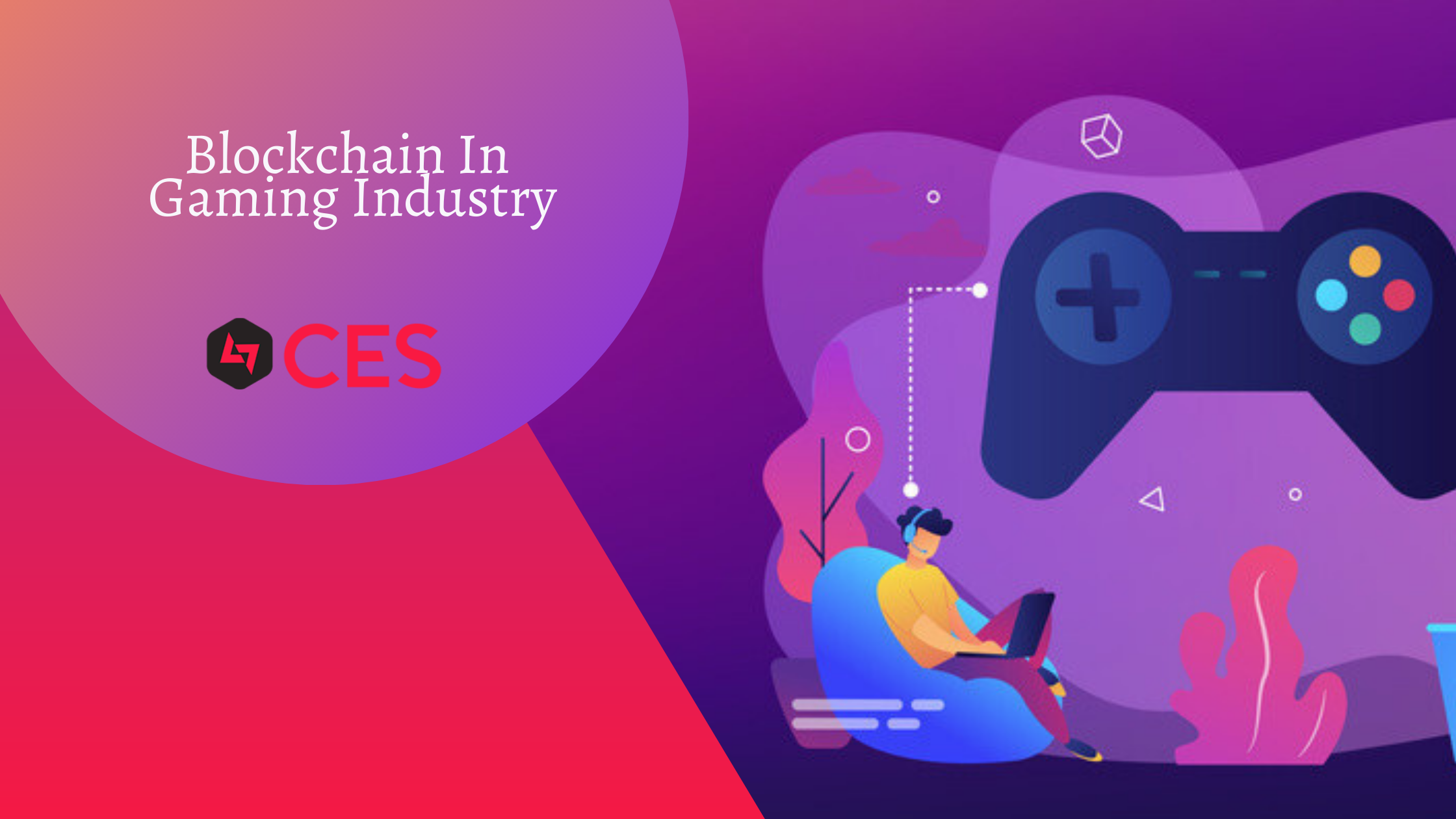Whenever we hear the word blockchain, we start thinking about finance or cryptocurrencies. But the fact is that this technology has pushed itself into the various sectors encompassing art, energy, agriculture, medical, and so on. The world has also commenced figuring out its potential perks now. Likewise, blockchain has also made its entry in one of the promising sectors – Gaming. High fees, unsafe data, nefarious activities, and other hidden odds made blockchain a unique technology in gaming. This blog turns out to be an eye-opener for all who wonder how blockchain technology is making digital gaming better day after day.
The Gaming Industry – A Quick Glimpse:
Though the gaming industry had humble beginnings at its initial stage, the development of this sector is immense today, say, very huge. If you had played both Super Mario, a 16-bit game, and PUBG, you must have witnessed the growth and development. The development of technology, virtual reality, and artificial intelligence have taken games to a whole new phase that connects digital and real-world with a lot of emotions. Games nowadays stimulate players to customise their own characters according to their likes and personalities. They own high emotional stakes and stay very close to the real-life dynamics. Presently, the global gaming market value is about $163 billion and is expected to go beyond $290 billion by 2026.
Stumbling Blocks In Digital Gaming:
In spite of having this mammoth growth all these days, there should be some pitfalls that make blockchain an idol in the sector. One of the prime hurdles in the industry was to make games close to the real-life experience. It lacks transparency and a matter of trust between the game developers and the players. The games hold an economy inside them, and this economy is exhaustively controlled by the developers. The players need fairness and transparency when it comes to transactions and asset’s ownership.
Most importantly, game entrepreneurs and developers require a safe and secure environment to build, launch, and monetise games. Also, the trend of players spending on intangible assets keeps on enhancing more money on digital games. Therefore it should be an authenticated platform to buy and sell in-game assets. After purchasing the assets, keeping it in a centralized server makes it easy for hackers to get their job done.
Blockchain To The Rescue:
To all the aforementioned negatives, there comes one technology that transforms setbacks into constructive features, and it is blockchain. It has been a life-saver for umpteen sectors that lacked accountability. The idea behind this technology to conceive an environment that enables immutable transactions between two unknowns over the internet. It bestows a decentralised transparent ledger, which is unhackable and irreversible (transactions). These real-time transactions have no middlemen involved and can be sent wide across the globe as the transaction fee is much economical. Some of the problem-solving attributes of blockchain include,
Credibility And Transparency:
Modern games ask the players to buy in-game assets to finish the game. These assets could be purchased with fiat currencies to advance further in the game. This process needs to be transparent and credible for the players. Blockchain enables tokenisation of such assets and the creation of decentralised gaming asset markets. The open-source ledger will facilitate users to check and verify the transactions. Also, the reaching out of decentralised markets to game assets at the right price through an open order book.
Verifiable Scarcity:
The assets are mainly known for their scarcity. The current setup would not allow the players to know the scarce of the assets. However, if these assets are issued on a blockchain, they would give an ideal track of the scarcity. The ledger would quantify the assets, and it enhances the trust between the players.
Security:
As the gaming platforms are hosted on centralised servers, the assets could be easily hacked or stolen. Blockchain is eminent for such situations. It provides top-class security for the assets stored. The unhackable nature of blockchain makes it a splendid place to safeguard gaming assets.
Collectible Items:
The most trending concept in the blockchain is non-fungible tokens. NFTs are unique and represent both tangible as well as non-tangible assets. These are now incorporated in gaming assets, and it is highly valuable. It is easy for the players to store them in a wallet, economical to sell, and could be traded in an open market.
Virtual Assets Exchange:
Presently, virtual assets are traded inside the game and also in marketplaces such as OpenSea. The decentralised exchanges would outsmart the fear and fraudulent activities as it entirely runs on blockchain technology. The process would be more transparent, and assets would be represented in a tokenized form.
Time And Cost For A Transaction:
The games would be played all over the world. So it is mandatory for the players to spend their own currency to purchase the game assets. The speed and cost for a transaction should be rapid and affordable, respectively. Blockchain would facilitate instant payments worldwide without any restrictions.
The Final Words:
Thus it is clear that the role of blockchain technology is indispensable in the gaming sector. It strives to provide players and game entrepreneurs a seamless experience. The growth of technology is not limited and is still developing every day. Undeniably, it makes the gaming sector reach new heights by turning the negatives into constructive features.
Cryptocurrency Exchange Script has served as the industry leader through hands-on experience in blockchain technology and crypto service. We lend our complete support in incorporating the technology in your sector, thereby making you run ahead of your competitors in the blockchain race.
